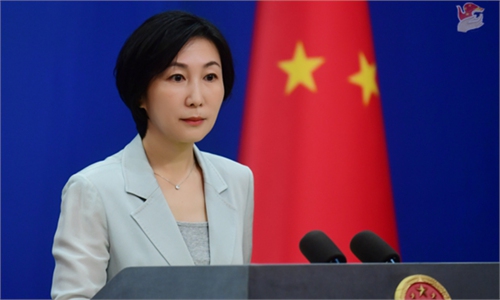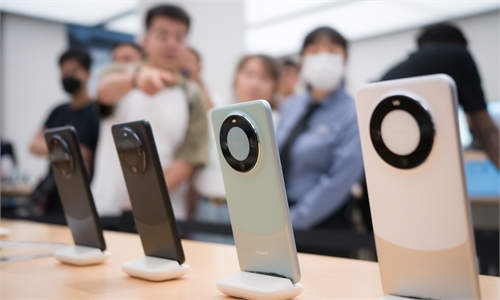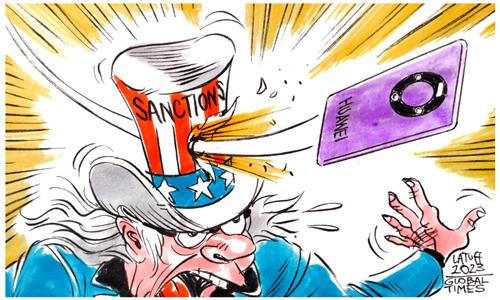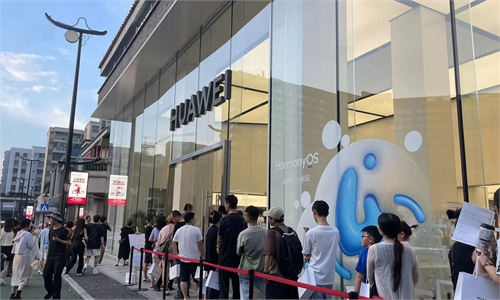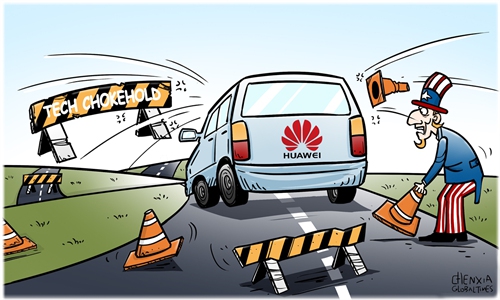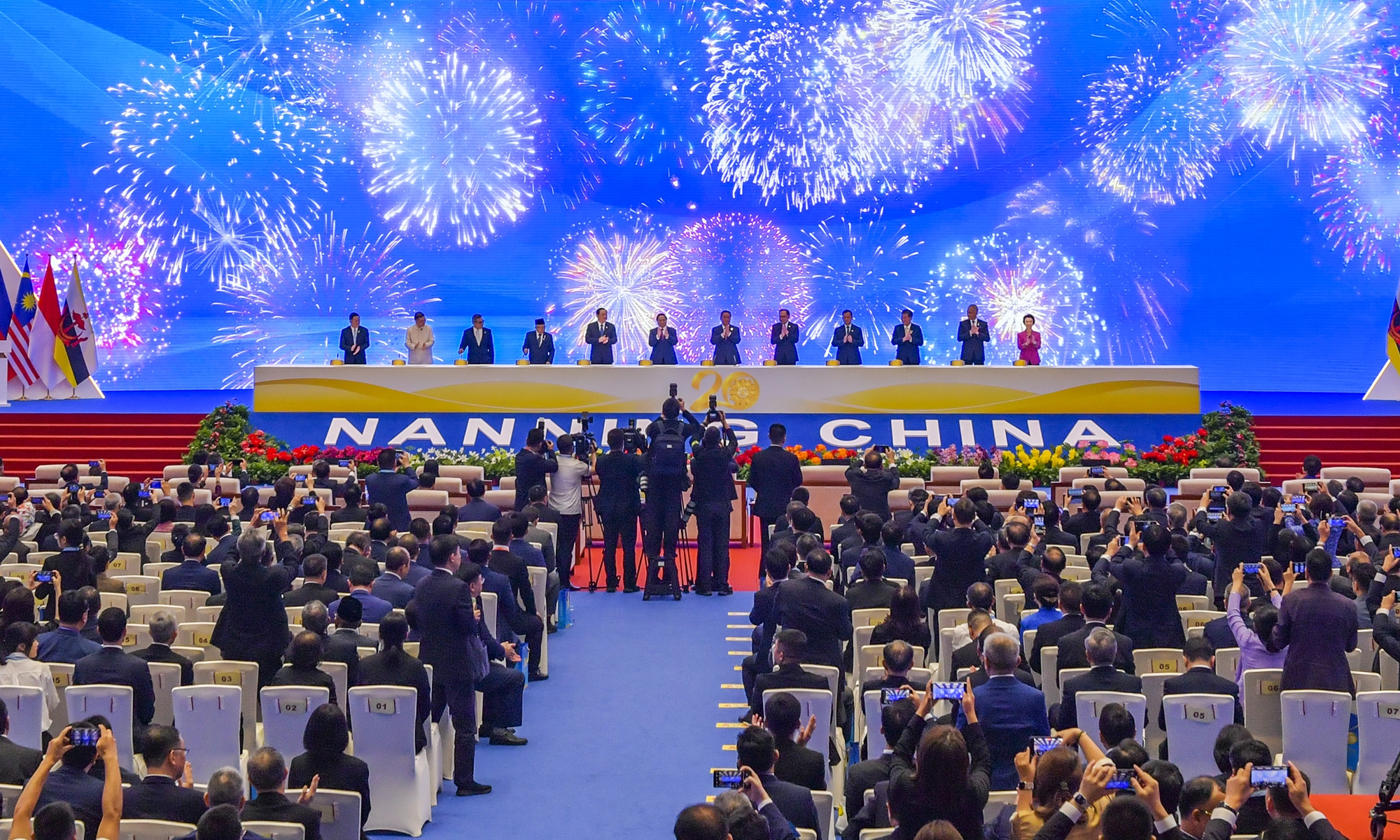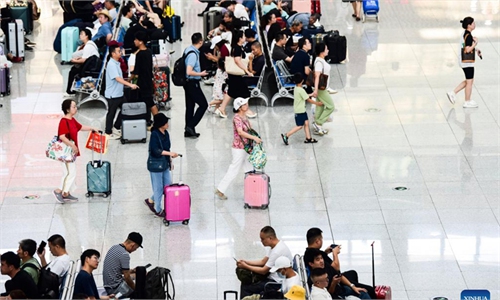MyJPJ app is useful but needs improvement, say Malaysians
PETALING JAYA: It has been seven months since its implementation and the MyJPJ mobile application is proving to be a hit, with people finding it much more convenient to deal with their driving licence and motor vehicle licence (or road tax) renewals.
However, while the app has its benefits, there is room for improvement, say users.
Student Muhammad Farhan Baharom, 20, said that the MyJPJ app made it easy for people like him to keep digital copies of their driving licence and road tax.
“It is easy for us to use as we can always have the copies on our smartphones. I don’t have to be worried if I accidentally leave my licence at home and also, I don’t have to stick the flimsy road tax sticker on the windscreen anymore,” he said.
Muhammad Farhan, however, said it could be challenging for some groups of people, especially senior citizens.
“It could be more popular among the younger generation but for the elderly, perhaps they would find it hard. So, I think keeping both physical and digital copies should be okay,” he added.
ALSO READ : JPJ urges road users to use app, avoid paying runners’ fees
Another user who only wanted to be known as Salma, 43, said she has been using the app since it was launched in February and found it more convenient than having physical copies of her licence and road tax.
“However, when I was renewing my licence, I was redirected to another website.
“It was not as seamless as I thought it would be.
“Maybe the authorities can consider streamlining the process without us having to go through different platforms,” she added.
Her husband, Joe, 45, said the app should also allow individuals whose driving licence had expired to renew it easily.
He said that he had to physically go to the Road Transport Department’s (JPJ) counter after his licence had lapsed about a year ago.
“I forgot to renew it on time due to a lot of commitments. When I wanted to renew it, I discovered that I had to go to the office physically.
“It would be better if we could do it via the app,” he said, adding that he had to resort to using a third-party service provider (runner) to help him deal with the government agency.
Self-employed Gayathri, 32, from Puchong, said she hopes the Transport Ministry would allow for commercial vehicle permit renewals to be done digitally as well, saving a lot of time and money, especially for small-business operators.
“For now, I have to travel all the way to the JPJ office just to collect the lorry’s vehicle road tax and have to spend time and money just to renew it.
“If we can do it digitally through the MyJPJ app just like for private vehicles, it would be great,” she said when met at the JPJ branch office here yesterday.
Sales executive Muzaini Shariff agreed, saying that it would take up less time and cost if he could renew commercial vehicle licences via an app.
“I was helping my company register permits and road tax for a company vehicle here. I have been waiting for more than an hour.
“I even dozed off while waiting for my turn. If it can be done online, my company could do it remotely with just a few clicks,” he said at the JPJ office.
An insurance agent who only wanted to be known as Liew said while the department’s digitalisation efforts have been helpful in easing some processes, counter services still need a lot of improvement.
She said that she had to wait for three hours just to get a road tax for a commercial vehicle she was helping her client with.
“I waited for three hours. Thankfully, there was an app called JPJeQ that tells us how long we would have to wait.
“But the counter services were still very slow. And some self-service kiosks were not working well either. The authorities need to improve these,” she added.
JPJeQ is a mobile app through which the public can get a queue number by scanning a QR code at the branch office they visit.
The app tells users their queue position and expected waiting period to be served at the JPJ counter. A notification will be sent to the users’ smartphones when their turn comes up.
Launched early this year, MyJPJ was developed by the JPJ to allow road users to obtain JPJ-related services such as eLMM (driving licence information) and eLKM (vehicle insurance and road tax information).
Elderly, regulars give JPJ runners a lifeline
PETALING JAYA: Continue issuing physical road tax stickers as many elderly vehicle owners prefer it to digital road tax, runners have urged the government.
Some runners say they have lost their livelihood as people, especially the youth, opt to use a digital road tax which enables renewal online and doesn’t require their services.
Runners are third-party service providers who also provide Road Transport Department’s (JPJ) related services such as road tax renewal, changing a car’s ownership, plate number and more.
Part-time runner Fadli Sulaiman Zulkifli, 35, said many freelance runners are facing a tough time looking for jobs and a stable income.
“Thankfully, I work for a car insurance company and have a steady stream of clients who regularly use our services so I haven’t been affected as much,” he said.
Fadli also said some JPJ centres and post offices don’t provide physical stickers when asked and expect motorists to use the app instead.
“Many elderly customers feel uncomfortable driving without a renewed licence as they aren’t digitally savvy enough to register for a digital road tax via MyJPJ.”
Part-time runner Hazbullah Hazman, 20, who does road tax collection service for an insurance company, said that the number of customers is still stable for him.
He said this was due to them being regular customers at the insurance company he is working for.
“So far, the number of customers is still stable because they regularly use our services.
“Maybe the new runners could have some difficulties because most of the motorists, especially the younger generation, are using online platforms (to renew their documents).
“Compared to the older generation, the young ones are more tech-savvy, hence they will not use runners,” the marketing student said.
On Feb 10, Transport Minister Anthony Loke said drivers can obtain digital copies of their motor vehicle licence (commonly known as road tax) or their driving licence on the JPJ portal or MyJPJ application.
Loke said Malaysian private vehicle owners will no longer need to display a physical copy of their road tax on their vehicles or carry around a physical copy of their driving licence.
On Aug 2, Loke said the digitalisation initiative will be implemented in stages and that there will come a time when road taxes will be fully digital.
While some motorists hailed Loke’s announcement, others cited concerns such as security and accessibility.
Business operator Hud Abd Samad, who hires a runner to renew his road tax, said he will continue using the services of runners.
Hud said the runners help him avoid long waiting hours at the JPJ office whenever the permit for his commercial vehicles expire.
“Renewal permits are quite a tedious process because we need to take half a day just to go to the office.
“The runners’ costs are also reasonable at around RM10 to RM15,” he said.
Hud added that the runners he has hired are honest and accommodating to requests.
Freelance runner Muhammad Aiman Muhammad Bainun, 31, who provides road tax collection services online, said the digital road tax hasn’t affected his business as his clients are mostly close family members and friends.
“Runners will always be in demand as we help clients get a physical sticker,” he said.
However, Muhammad Aiman said he supported the government’s initiative as many countries are moving towards going without physical copies of such documents.
Related stories:
JPJ urges road users to use app, avoid paying runners’ fees





